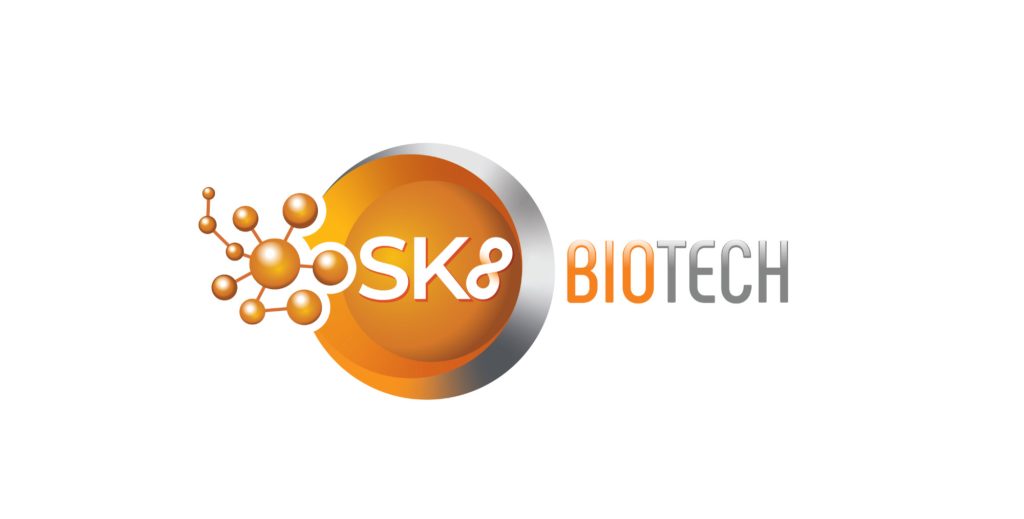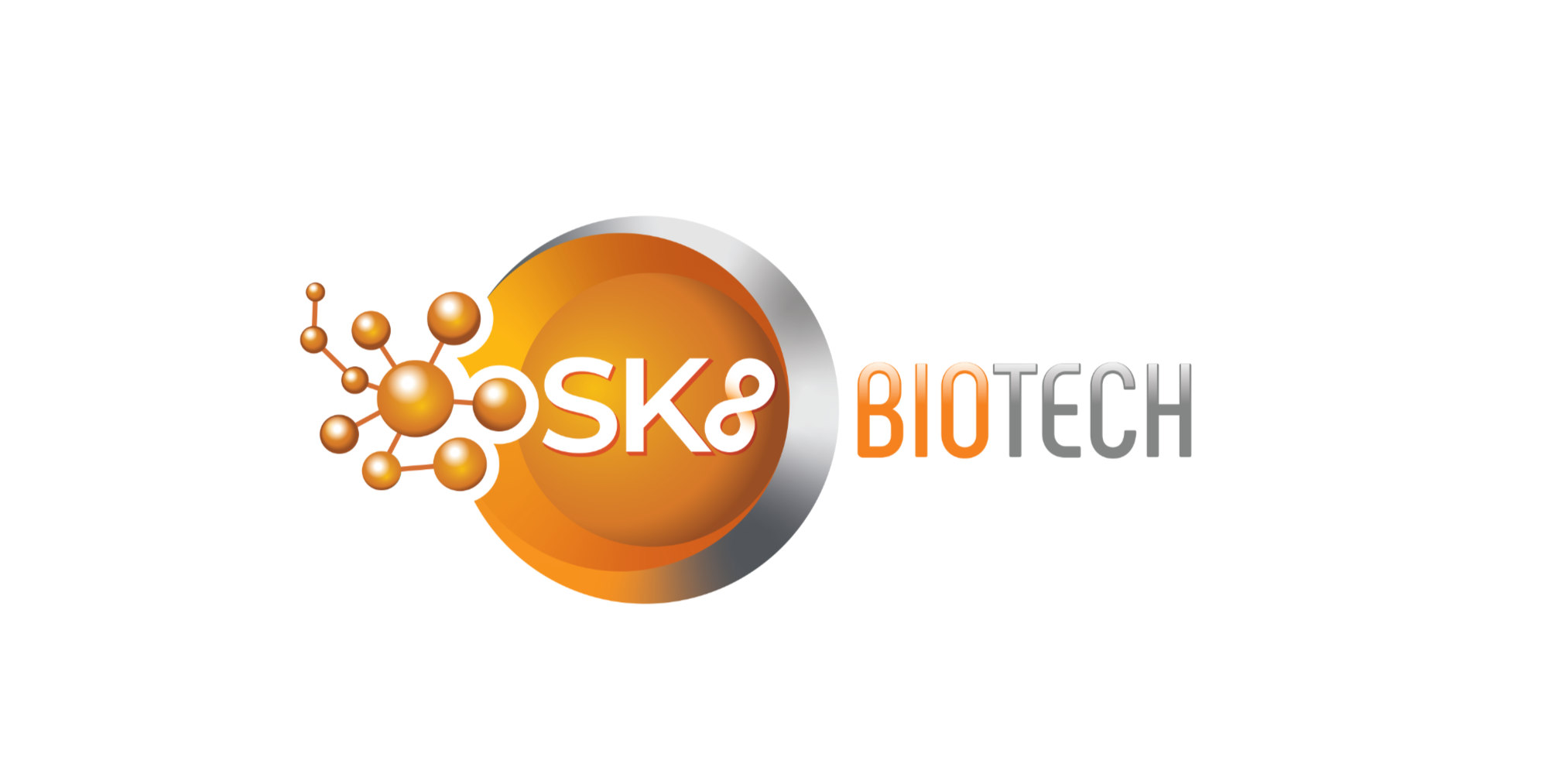Founded in 2013 and headquartered in Ontario, Canada, SK8 Biotechnologies specializes in manufacturing bacteriophage driven solutions to combat common pathogens for livestock growing and food processing. With dedicated R&D centers in Spain and Canada, the company combines scientific innovation with practical experience in meat and poultry processing, delivering targeted food safety and animal health solutions that meet and exceed regulatory requirements.
Interview with Nicholo Plaza, Director of Business Development at SK8 Biotechnologies.
What are the most common challenges your clients face before turning to your solutions?
Nicholo Plaza: Our existing clients are primarily in the poultry growing and processing industries.
In poultry farming, farmers face significant challenges maintaining flock health because antibiotics are now prohibited in many regions. Salmonella remains widespread in live poultry, causing higher mortality rates, slower growth, and increased bacterial loads entering processing plants.
In the processing sector, food processors struggle to control Salmonella, Listeria, and E. coli. These pathogens are becoming increasingly resistant to common sanitizers such as chlorine and peracetic acid, resulting in more frequent food recalls, product contamination, and public health risks.
Our bacteriophage-driven solutions address these challenges at the source. Bacteriophages (phages) are natural, highly specific microbes that infect and destroy bacteria. For every bacterial species, there is a corresponding phage that targets and eliminates it safely—without residues and without harming beneficial microbes. In our customers’ facilities, phages have proven highly effective at eliminating even resistant pathogens and improving overall food safety. On farms, they help promote healthier poultry with lower mortality rates.
For food processors looking to eliminate Salmonella and Listeria from their product and facilities, Our VAM-Sand VAM-L solutions have successfully and significantly improved our customers’ food safety programs.
For poultry farmers looking to replace antibiotics and improve poultry health, our FortiPhi-S has shown significant improvements in reducing mortality, enhanced resilience and in some cases, improved weight gain.
At SK8 Biotechnologies, we deliver an end-to-end pathogen control program—from pathogen analysis and implementation to maintenance and monitoring. With over a decade of experience, our highly concentrated phage formulations deliver exceptional efficacy, cost efficiency, and long-term protection.
How do you typically discover and define a client’s productivity problem before offering a solution?
N.P: Due to global restrictions on antibiotic use and growing pressure from food safety regulators, many clients proactively approach us. In the live poultry sector, especially across ASEAN countries, farmers seek to comply with antibiotic bans. Our phage solutions not only help them meet government regulations, but also enhance poultry health and resistance to disease.
In poultry processing, particularly in the U.S., regulations from the USDA and FDA are tightening around Salmonella control. Processors turn to SK8 Biotechnologies for advanced bacteriophage solutions that significantly reduce Salmonella loads, lower recall risk, and strengthen public-health outcomes.
In what ways do your products directly address these challenges and remove barriers to efficiency?
N.P: It’s simple. Our solutions play a critical role in reducing the likelihood of costly food recalls and production interruptions caused by Salmonella, Listeria, and E. coli. By significantly lowering bacterial counts, our bacteriophage technology helps food processors maintain compliance with USDA and FDA food safety standards, including stricter limits on Salmonella detection.
For poultry farmers, our phage solutions also support compliance with antibiotic bans while promoting healthier flocks. Overall, our approach improves public health protection by producing safer food and ensuring processors meet evolving pathogen control regulations without compromising operational consistency.
What role does innovation (in design, materials, digitalization, automation, etc.) play in transforming client problems into measurable results?
N.P: Innovation drives both our phage development and implementation systems.
We use proprietary manufacturing methods to produce ultra-concentrated phage formulations—more stable, more potent, and more cost-efficient to transport. This innovation ensures strong and consistent pathogen control.
Our delivery system features proprietary spray technology producing 40-micron droplets that completely envelop the product surface. This uniform coverage enhances food safety performance and delivers measurable savings in sanitizer usage and labor costs.
How do you ensure a smooth transition from problem recognition to implementing your solution at the client’s site?
N.P: We maintain a hands-on, partnership-based approach. SK8 Biotechnologies doesn’t just supply phages—we become part of the client’s operations and food safety team.
Implementation begins with a full facility analysis. We collect product samples to identify the specific Salmonella or Listeria strains present, then assess the customer’s processing parameters, sanitation protocols, and equipment setup. Based on this data, we design a tailored phage cocktail and implementation plan optimized for cost and efficacy.
We validate the formulation in laboratory trials, followed by pilot and full-scale trials on-site. Once installed, we continue to monitor, maintain, and adjust equipment and formulations as needed, ensuring sustained pathogen control and long-term food safety success.

Do you adapt your products to specific industries or customer needs, and if so, how?
N.P: Absolutely. Every processing plant has a unique pathogen profile, process flow, and equipment setup.
For example, two poultry processors may each face Salmonella contamination—but from different strains. We screen our extensive phage library to identify the most effective bacteriophages for each strain, then formulate a custom phage cocktail.
Because bacteria evolve, we continuously monitor the facility’s microbial environment and reformulate when necessary. This adaptive approach ensures consistent control over Salmonella, Listeria, and E. coli, even as the pathogen landscape shifts.
What key metrics do your clients use to measure productivity improvements after adopting your solutions?
N.P: Processors measure results through microbial testing and regulatory performance categories.
Most facilities track both pathogen presence and bacterial load. In plant trials, our phage solutions have consistently reduced Salmonella and Listeria counts to below detectable levels. Once implemented, clients integrate our ongoing monitoring program into their standard food safety protocols.
If Salmonella reappears in later testing, we immediately investigate and, when necessary, reformulate the phage cocktail—ensuring continuous improvement and regulatory compliance.
Can you share a concrete example where your product significantly boosted a client’s productivity?
N.P: Our solution changed a US customer’s facility from a category 3 to category 1. The USDA tests poultry processing facilities for Salmonella, and considers category 3 as a high-risk facility and category 1 is considered low risk.
Before our partnership, the customer was in category 3 for numerous years. Thus, they could only sell their chicken to secondary processors at a low margin. Our phage solution brought them to category 1, and the customer can now sell their fresh raw chicken to premium retailers at higher margins. The shift from category 3 to category 1 enabled new business opportunities for our customer and enabled higher profits.
How do your solutions not only solve immediate challenges but also support long-term operational efficiency and sustainability?
N.P: Our approach integrates product, equipment, and service into one sustainable pathogen control program.
Beyond supplying phages, we provide automated application systems and long-term technical support. This partnership model ensures consistent performance and minimal downtime.
We also design programs that balance cost efficiency with maximum efficacy. By replacing harsh chemicals like chlorine and peracetic acid, our solutions reduce corrosion, improve worker safety, and promote sustainable food production.
What future client challenges do you anticipate, and how are your products evolving to address them?
N.P: As pathogens continue to evolve, resistance will remain a critical challenge for the food industry.
At SK8 Biotechnologies, we continuously expand our bacteriophage library and monitor emerging Salmonella, Listeria, and E. coli strains worldwide. This ongoing research allows us to rapidly update phage cocktails and maintain effectiveness against new resistant pathogens.
We are committed to staying ahead of microbial evolution—delivering long-term pathogen control solutions that safeguard food safety, regulatory compliance, and operational sustainability.


